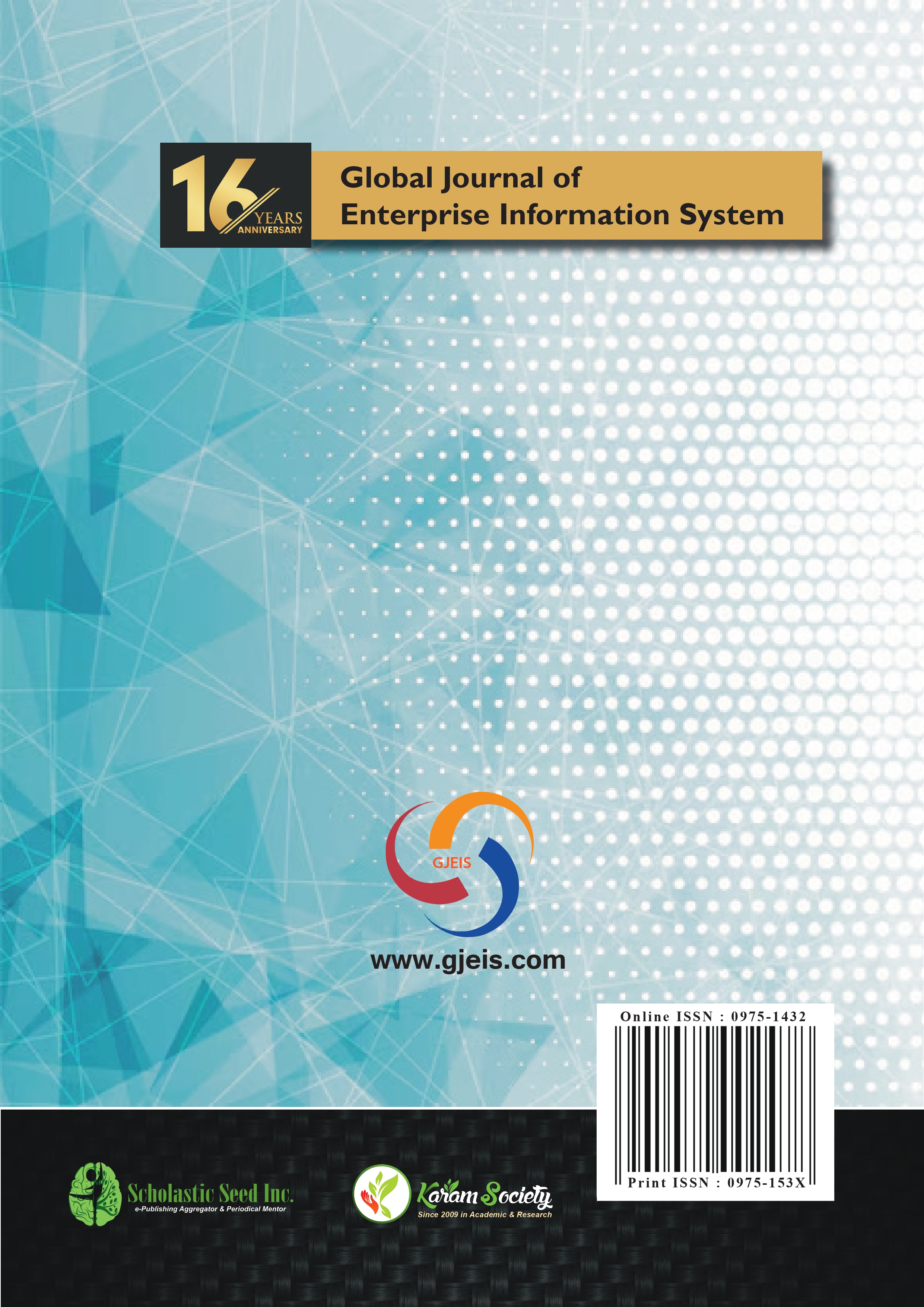Exploring the Dynamics of Cause-Related Marketing: Insights from Literature
Abstract
Purpose: In the present time, companies have adopted cause-related marketing (CRM) as a prominent strategy to align their commercial objectives with social causes. CRM is a mutually beneficial arrangement for the company, cause, and customer. CRM is one of the method used to communicate corporate social responsibility (CSR). The present study does literature review on CRM over past 7 years.
Design/Methodology/Approach: This investigation utilised secondary data to examine the trends and outcomes of CRM from year 2017 to 2024. The Scopus database, which provides an exhaustive compilation of peer-reviewed literature, was used to acquire the data. The research aims to analyse the existing data sets in order to quantify the impact of various CRM initiatives, identify patterns, and understand the ways in which various factors have influenced the success of these campaigns over the specified period.
Findings: The research discloses many important findings regarding CRM. The review identifies a number of prominent theories that are employed in CRM research, such as the Elaboration Likelihood Model (ELM), social identity theory, theory of planned behaviour, and attribution theory. Altruism, skepticism, product type, donation, brand-cause fit, cause involvement, and cause-type are the primary variables that CRM literature examines. These results emphasise the significance of CRM as a strategy that is derived from CSR and emphasise the necessity of additional research in a variety of sectors and theoretical frameworks.
Originality: This research makes a substantial contribution to the current corpus of knowledge by providing a comprehensive and focused review of CRM. The reliability and credibility of the findings are improved by conducting a literature review of authoritative sources. The results of the investigation highlight the direction of future research.
Paper Type: Review of Literature
Copyright (c) 2024 Global Journal of Enterprise Information System

This work is licensed under a Creative Commons Attribution-NonCommercial-NoDerivatives 4.0 International License.








